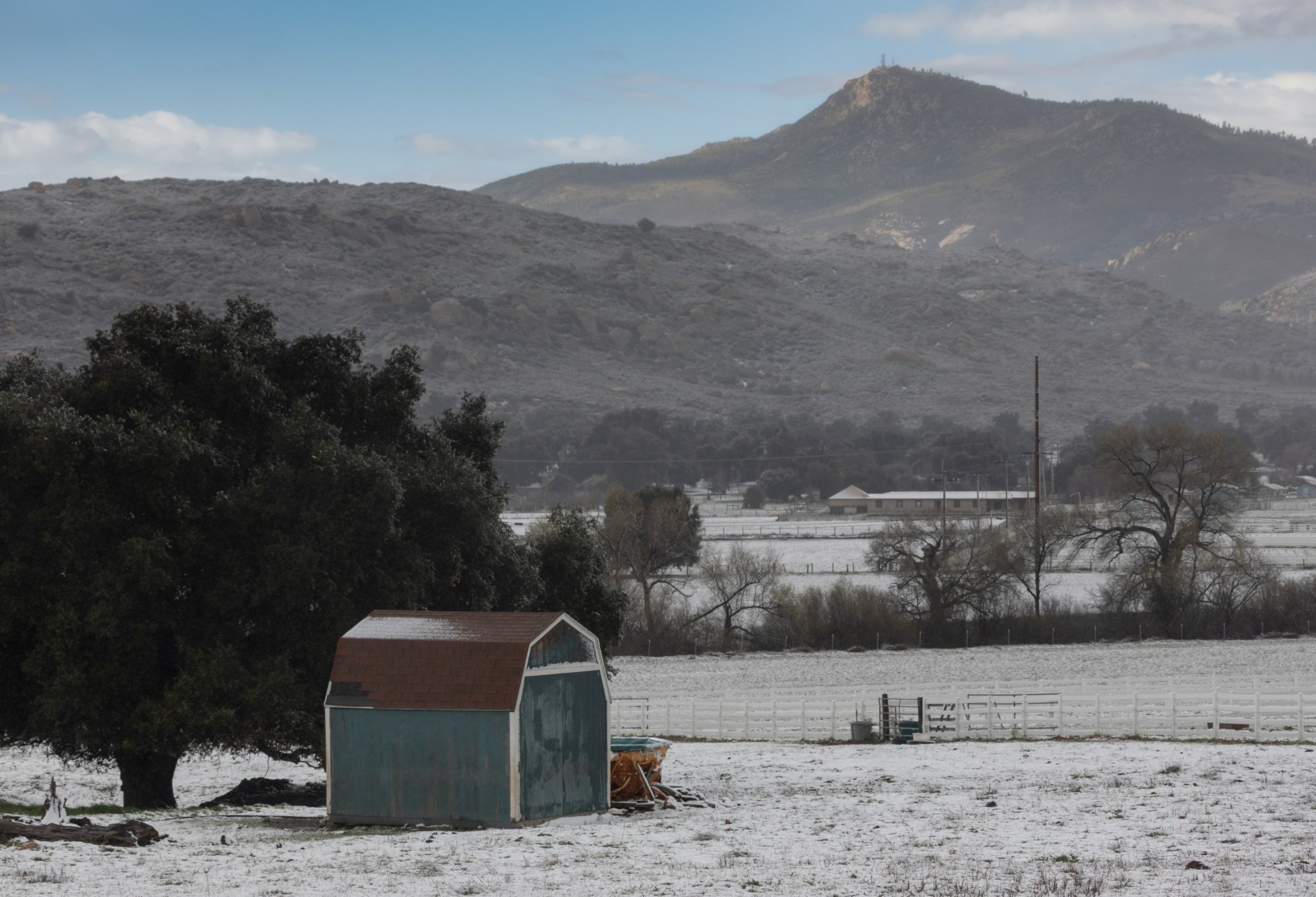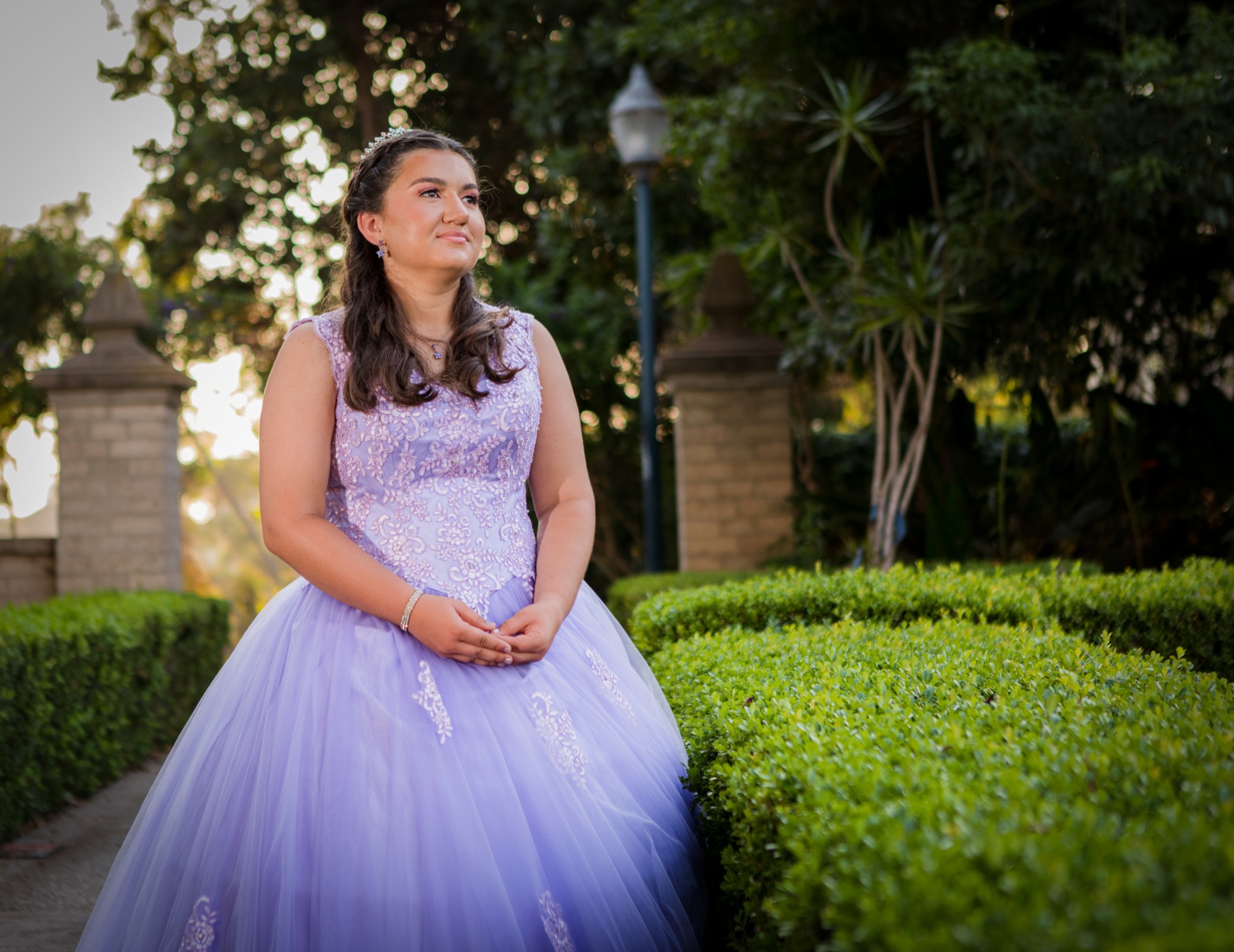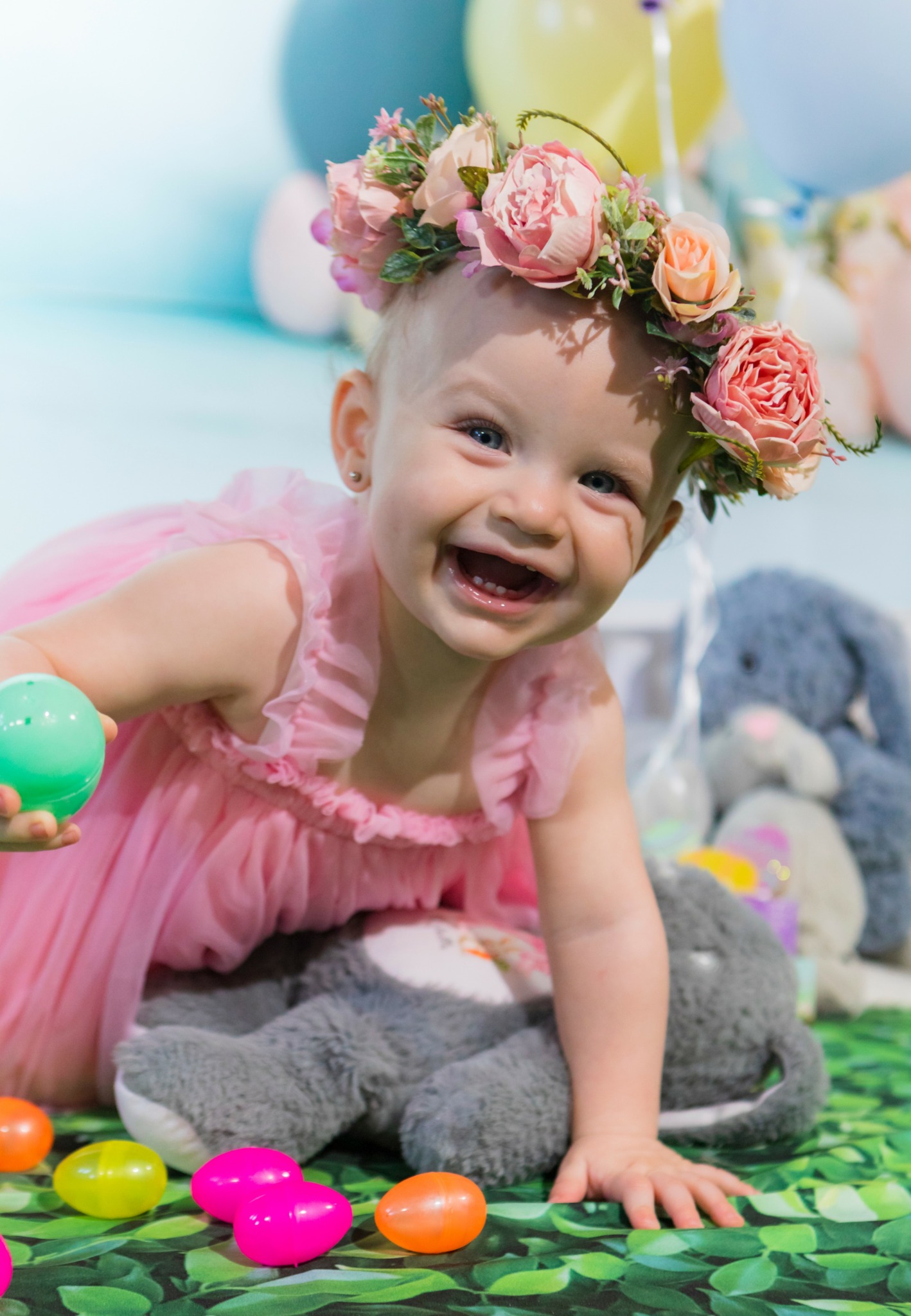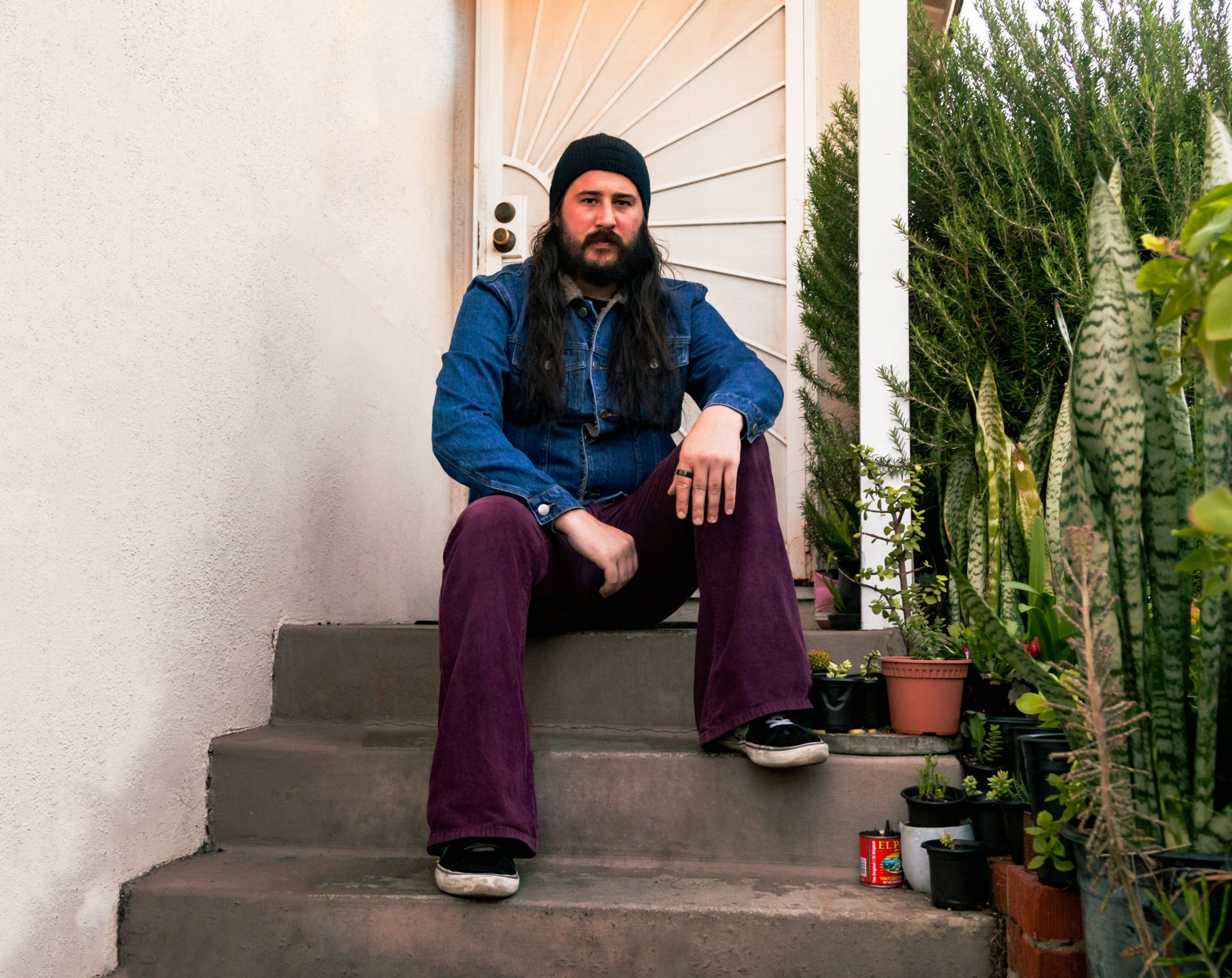We recently connected with Sean Dooley and have shared our conversation below.
Alright, Sean thanks for taking the time to share your stories and insights with us today. It’s always helpful to hear about times when someone’s had to take a risk – how did they think through the decision, why did they take the risk, and what ended up happening. We’d love to hear about a risk you’ve taken.
There’s not really a major story of a big risk or anything like that. What I’ve learned throughout life is much like the success of eating an elephant one bite at a time, big risks come from taking little risks and they compile. It was a big risk to choose the industry I chose coming from where I came from. It’s a risk to work and save money for your entrepreneurial pursuits. You could get sucked into that 9-5, or you could end up broke. It’s a risk to take on certain clients, to go to school or not, making certain decisions during a gig, Whatever you can think of. Those are little and calculated risks that are made in each moment. I’m already a calculated risk person, so I believe it helps me with making those decisions. I don’t think I’d achieve anything if I didn’t take risks. Whatever the definition of achieving might be. Generally my batting average has been pretty decent. If the mistake or error is minimal then I’ll take the risk even harder.

Awesome – so before we get into the rest of our questions, can you briefly introduce yourself to our readers.
I grew up in the mid-willamette valley above the golden state, on the mean streets of the pacific northwest. They actually can be quite mean. I was enamored by comedy movies and television shows, skateboarding, and sports and those became my escape. Two things happened in junior high school that was the catalyst to my arguably poor life decision. The first was I wasn’t going D-1 any time soon, so after time on and off from it, I hopped back on a skateboard to stay active and have fun. Two, I was getting much more into storytelling in both the art and medium of it, but I never thought I’d be able to pursue it coming from a working to middle class upbringing in Eugene/Corvallis, Oregon. My mind changed when a new kid at school from LA showed up, and he too wanted to become a filmmaker. His LA home was actually the house in Step Brothers. He was making stuff all the time, and I thought “Wow I didn’t know that’s actually possible. Maybe it can be done”. He’s ended up becoming more of a filmmaker than I ever have, but that’s neither here nor there.
To pay the bills I got a job in San Diego at KUSI after a season shooting the Prep Pigskin Report, then left to ABC10 for a year and was offered a permanent vacation with severance from there. I never imagined being in the news business when I was younger. It’s like the mafia. Oftentimes it finds you and it’s hard to leave when you’re a made man. I’m glad for my time there, but at the same time I think I’m okay with it being in the rearview mirror. What it did for me though, was remind me of my roots and the DIY, “make more with less” mentality I developed when shooting skate videos with my brother from another mother Shay, that I took with me into my current productions.
I want to tell compelling stories, and most of all relatable stories. Good stories. Your stories. A lot of people’s stories don’t get told that deserve to have them told. I want to find those stories whether on the street or fictions I come up with in my head. My future projects will have that in mind and instead of turning a story around in an hour for the 4 o’clock news, I ask myself, “what if I spend more time on it and go narrative?”; finally pursuing what 16 year old me wanted to pursue.
I’ve had some short films go to festivals, and had since taken a hiatus from writing, but I am going back to the writer’s room to hopefully get a tv show about skateboarding and me and my friends’ upbringing off the ground outside of the docs. I got two of those I’m trying to get off the ground.
As far as what my potential clients get from me? Well me. I will get them more for less (not necessarily cheap), and I will tell their story. Even if it’s a car dealership, they have a story. My dad used to work for a mom and pop car dealership in the early 2000s. Before that he worked at a mom and pop trucking company. There’s community and story behind both those companies than meets the eye. On the surface it seems corporate and “boring”, but that’s rarely the case. That’s what I and Made U Look Media, the marketing and client acquisition company I partnered with, do. We find your story and tell it the best we know how.

We’d love to hear about how you met your business partner.
Rafer Weigel was a reporter for KUSI and I was the photographer. We spent many a 10 o’clock shows in the news van waiting in the dark talking about music. I think he was surprised I liked older music at first. It then spread to our work/life philosophies, and they matched pretty well. Super important. More important than skills matching. He’s from Chicago and I’m from the culture in Oregon hidden beneath the hippy Grateful Dead lover stereotype.

Is there something you think non-creatives will struggle to understand about your journey as a creative? Maybe you can provide some insight – you never know who might benefit from the enlightenment.
I’ve had many conversations about this and I think it’s split up into two parts.
The first part is the business of the creative world. It is very high risk uncertain reward, even for the creator. The investor, whether an outside producer or creator producer, has to put up all the financial risk, burden, and time all upfront, with no guarantee that it will pay off. I know that happens for a lot of business, but you can get a good idea if a widget won’t work objectively. With art, you’re taking the risk that a majority of people will subjectively like it to be financially viable. It’s very similar to margin spending. Marvel is putting up $100 million for a movie and making the bet it will make $1 billion by the end of its run. Most creatives, even low budget has to do the same, but there’s rarely recovery if we flop. We’re not swimming in cash because we have a nice camera.
The second is something I think that mothers will understand and that I had to learn. I learned it from a podcaster, I can’t remember who, but I want to at least acknowledge in what way I can that it was his idea and not mine. I’m just absorbing it. A big art project, is the closest a man can get to creating a life. After the big project, you do feel a kind of a post-partum depression when it’s all said and done. It’s a weird feeling. I know it’s a loose analogy, but before I heard that, I couldn’t quite explain the low feeling I’d get after finishing a project until I heard that comparison. It’s not perfect but as close as you can get. You put all this time, energy, and money into a project and on the other side there’s nothing. Just the release of making an idea a reality. Even if you win endless awards and acclaim from the masses, you realize that doesn’t mean as much as you maybe thought going in. Eventually that post-partum feeling goes away but it appears nonetheless. This is a long winded way of saying artists aren’t always just moody for moody’s sake, I swear.
Contact Info:
- Website: https://www.seandphotography.com
- Instagram: https://www.instagram.com/sdp_studios/
- Facebook: https://www.facebook.com/SDPstudios
- Linkedin: https://www.linkedin.com/in/sean-dooley-49ba65183/




Image Credits
credits are mine


